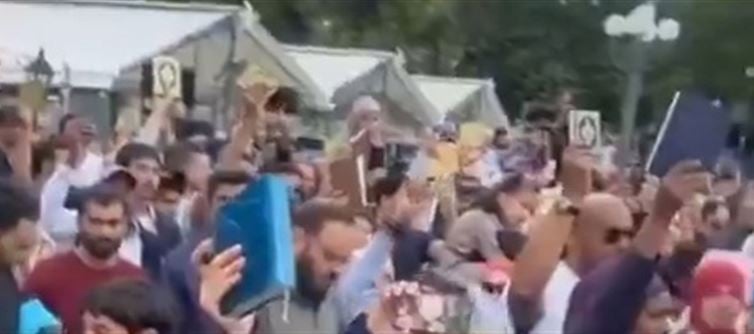
The intention behind these protests, according to organizers, is to affirm that islam is a religion of peace and to push back against negative stereotypes fueled by incidents of Quran burnings, anti-Muslim rhetoric, and broader cultural friction in Swedish society. However, the optics and tone of the demonstrations can sometimes have the opposite effect. When religious symbols are placed at the center of politically charged protests, it risks reinforcing the very polarization the protesters aim to dismantle. Chants like “Allahu akbar,” despite their spiritual meaning, can be unsettling to non-Muslim onlookers, especially given the term’s appropriation by extremists in violent contexts. This dissonance complicates efforts to bridge understanding between Muslim communities and the wider Swedish public.
Sweden, like much of Europe, is grappling with how to balance free expression, secular democratic values, and religious pluralism in an era of rapid cultural change. While peaceful protest is a democratic right, the path to greater societal harmony requires more than slogans or symbolic displays—it demands dialogue, mutual respect, and efforts to build trust across communities. If these protests are to contribute positively, they must be accompanied by outreach, education, and engagement that communicates Islam’s peaceful principles in a way that resonates beyond the already converted. Otherwise, they risk becoming performative acts that deepen suspicion rather than dispel it.




 click and follow Indiaherald WhatsApp channel
click and follow Indiaherald WhatsApp channel